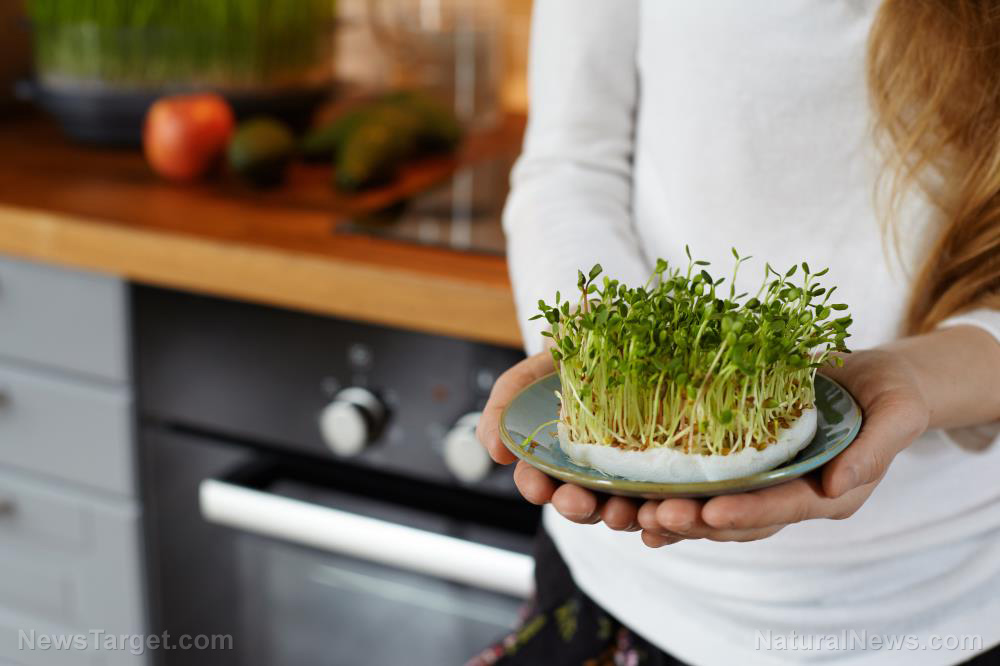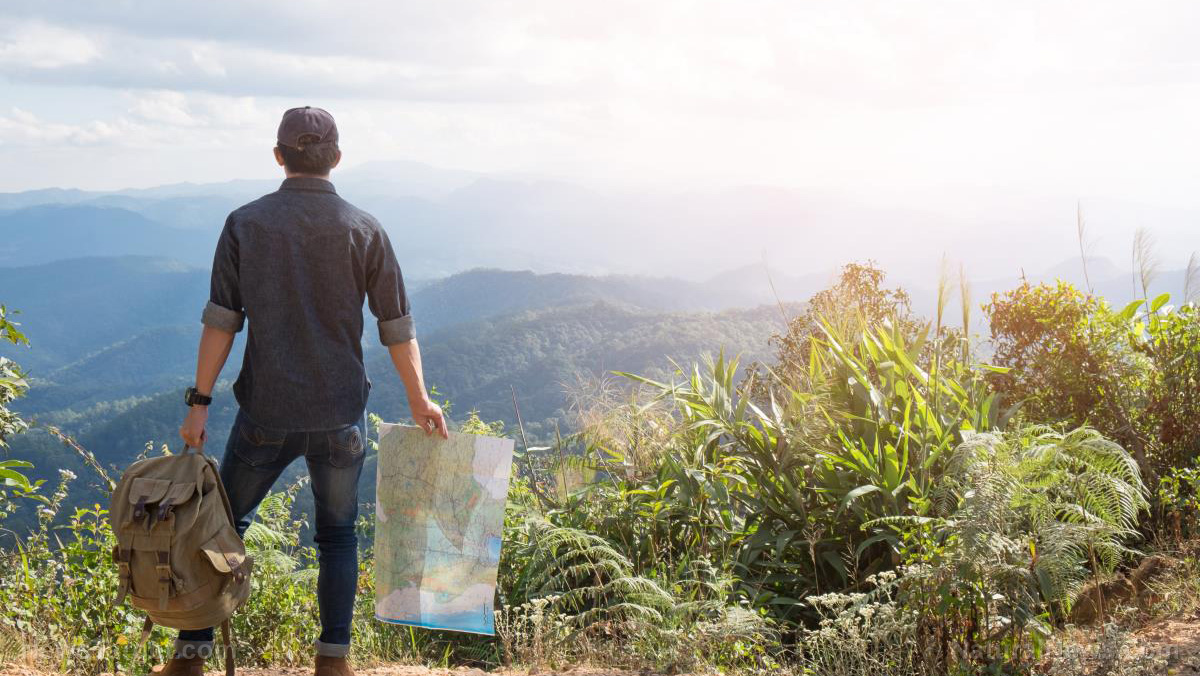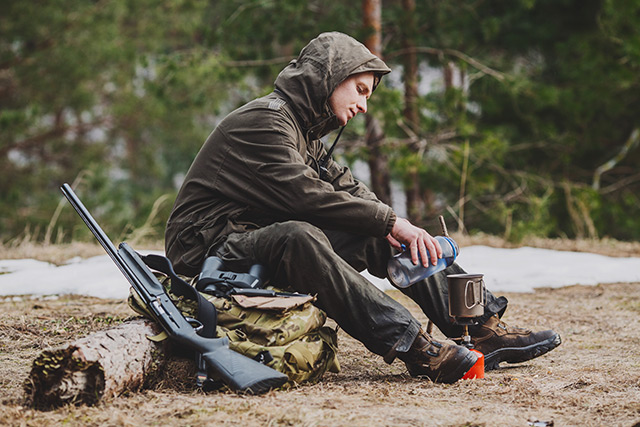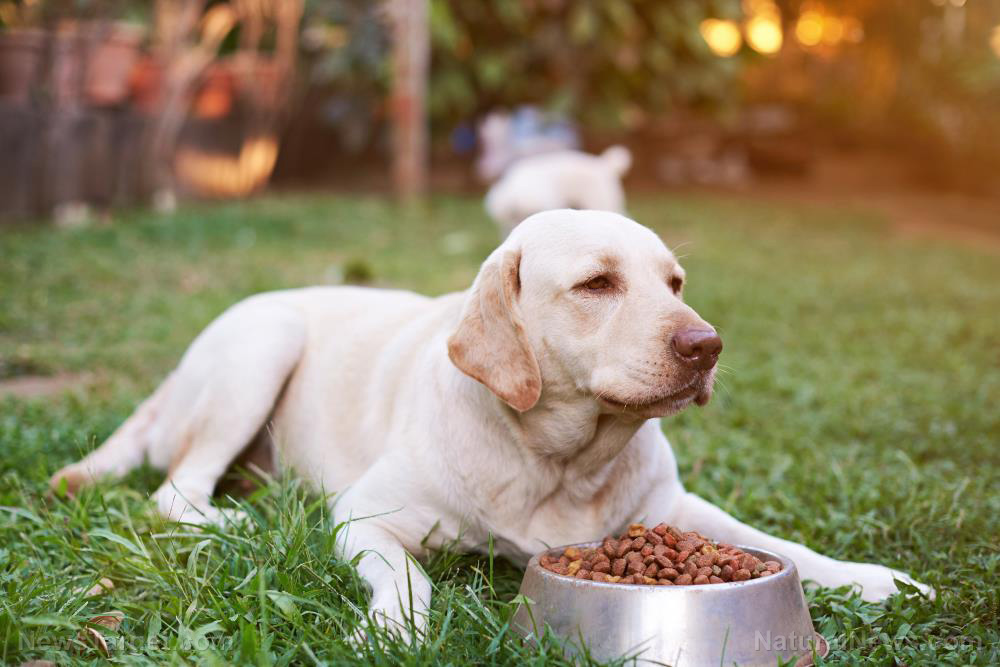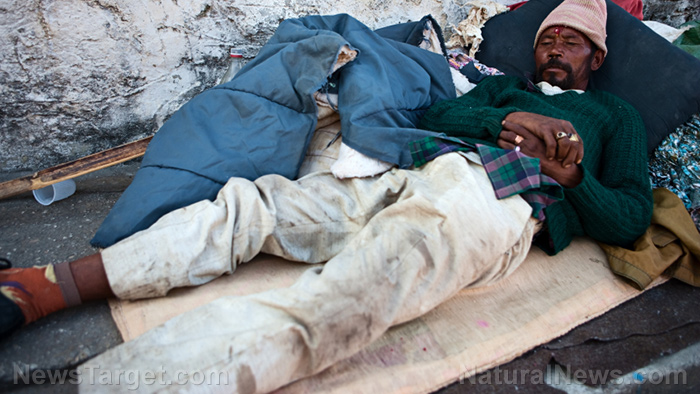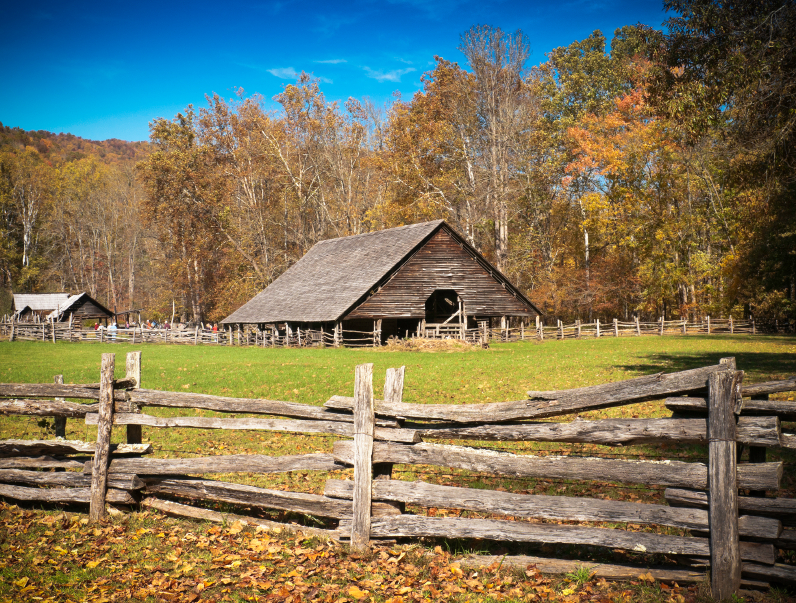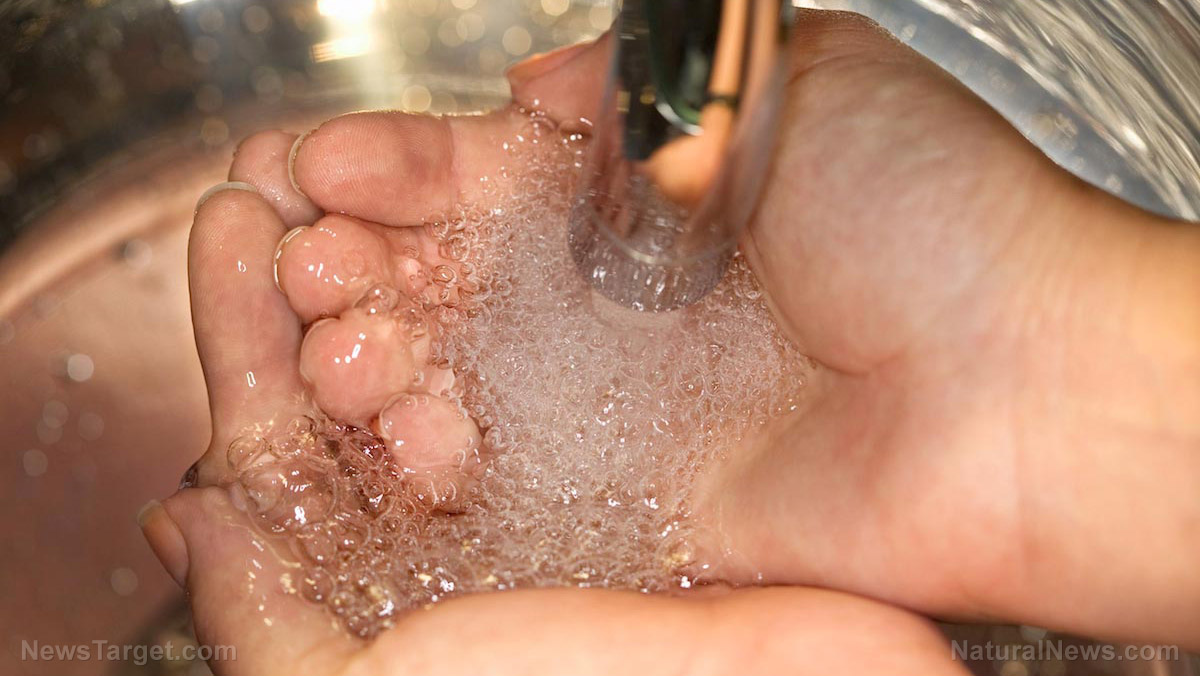Why you should begin homesteading today
06/03/2018 / By Zoey Sky

While there are differences between homesteading and prepping, both lifestyles emphasize self-sufficiency.
Homesteaders and preppers alike often live off-grid, maintain a food stockpile, plan ahead to conserve resources, and do everything in their power to be self-reliant. But is homesteading for you?
Before you start homesteading, take note that this is no easy task. But with hard work, you can regularly reap the benefits of this self-sufficient lifestyle. (ht/ to SurvivalSullivan.com)
The basics of homesteading
Ideally, you should own a small plot of land if you plan on homesteading. However, you can also cultivate a garden in your backyard, or even if you live in an apartment. You just have to be creative.
If you’re buying land, try to purchase property that has a natural water source for your garden. You might also need access to farm equipment, so ask around and borrow them when possible.
Plan carefully so you can raise livestock if you want to. You will also need space to raise hay for your livestock so your homestead can remain sustainable.
When done properly, homesteading can help you survive a SHTF scenario and its aftermath. (Related: Do you have a homestead? Here are 20 reasons why you should have one.)
Homesteaders and preppers both know how to live off-grid, and both groups take the time to learn and eventually master crucial skills that can help them survive disaster scenarios. Here are some activities and skills that both groups are familiar with:
- Beekeeping
- Fishing and hunting for food
- Foraging
- Gathering/chopping firewood to heat the home
- Growing herbal remedies/medicinal plants
- Growing fruits and vegetables
- Maintaining a water source/collecting rainwater
- Making your own biodiesel fuel
- Preserving food
- Raising livestock for meat
- Sewing
- Using alternative energy
- Using natural medicine/home remedies for humans and livestock
GLYPHOSATE testing is now being applied to all Health Ranger Store branded products. Our in-house lab uses LC-MS-MS (triple quad mass spec). See the full lab science tour video and announcement here. Shop for ultra-clean, lab-tested superfoods, personal care products and more at the Health Ranger Store, the world's most trusted source for clean foods and lab-verified nutritional solutions.
A homesteader and a prepper will usually take the time to learn about candle-making and soap-making so they have access to natural products that are gentler on the skin. Since they know how to make these items, they don’t have to race to the stores, which will probably be full of people who are unprepared for disasters.
When it comes to homesteading, chickens and ducks are the go-to animals of homesteaders because poultry is a good source of both meat and eggs. Poultry can even rid your land of pests that may threaten growing crops.
However, while preppers can stockpile food, gear, and water, these items can still run out. One benefit of homesteading is having produce that can keep growing. If you plan ahead, you can keep your loved ones fed for a long time.
Starting your homesteading journey
Despite their differences, homesteaders and preppers both realize the importance of self-reliance. If you don’t know where to start, join online forums or groups in your area that can help you learn more about homesteading.
If you want to homestead in your apartment, you can start by reading up on indoor gardening. In the suburbs, you can grow your own garden right in your backyard.
Here are other tips for homesteading beginners:
- Make your own non-toxic cleaners to keep your home smelling fresh without endangering your family with harmful chemicals.
- Hang your clothes to dry. This saves both energy and money.
- Practice the five R’s: Refuse to buy one-time use plastics and non-recyclable products. Reduce the resources you consume and the waste you produce by becoming a minimalist. Reuse items before recycling. Repurpose old items. Recycle the items that have gone through the first four R’s.
If you’re willing to do the hard work, you won’t regret becoming a homesteader because it will let you live a self-sufficient lifestyle that can help you prepare for the day when SHTF.
You can read about the other benefits of homesteading and raising livestock at Homesteading.news.
Sources include:
Tagged Under: backyard chickens, Collapse, edible plants, foraging, gardening, green living, herbal medicine, home gardening, Homestead, homesteading, livestock, off grid, Poultry, preparedness, prepper, prepping, self-reliance, self-sufficient living, SHTF, survival, survival skills, survivalist, sustainable living, wild edibles


